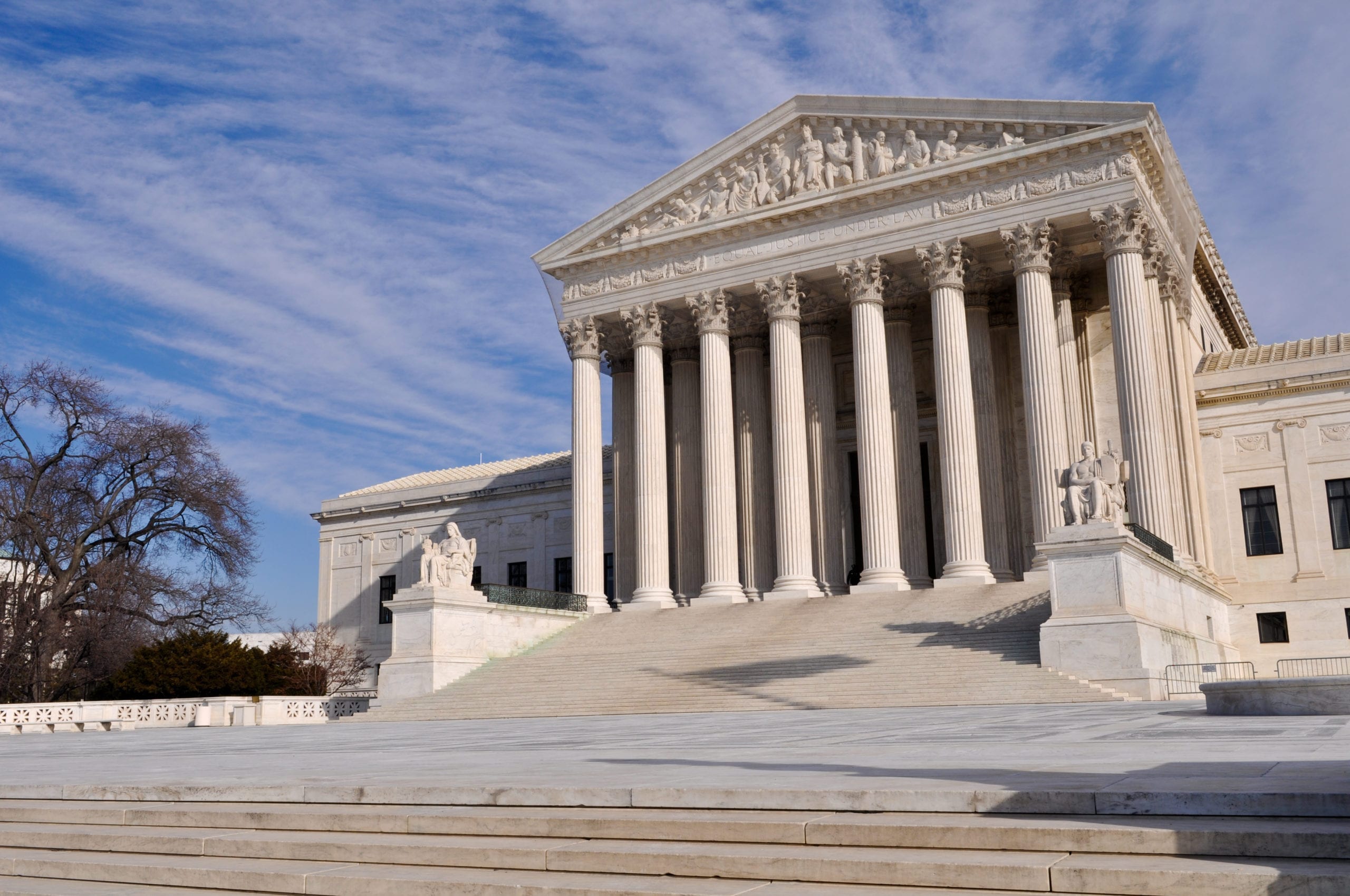The forum non conveniens doctrine allows a federal court to defer its jurisdiction in probate litigation (or any litigation) where principles of justice and convenience favor the action being brought in another forum.
In a recent federal probate dispute involving a billionaire’s global assets and the imposition of foreign law, a federal district court dismissed the dispute on forum non conveniens grounds.
In Shu v. Wang, 2016 U.S. Dist Lexis 143222 (D. N.J. 2016), the deceased was Taiwanese billionaire Yung-Ching Wang (“Wang”). Mr. Wang died intestate. Mr. Wang was the founder of one of Taiwan’s largest conglomerates, the Formosa Plastics Group (“FPG”). Mr. Wang had three separate families, who are now litigating against each other. Many suits have been filed regarding the proper disposition of Mr. Wang’s assets, but “the case boils down to a familial dispute concerning large sums of money.”
The present case involves plaintiffs’ attempts to return to the probate estate certain assets so that Mr. Wang’s surviving spouse can receive her full and rightful share of the marital estate.
When Can A Federal Action Be Dismissed Based on Forum Non Conveniens?
The forum non conveniens doctrine requires a court to apply a three-step analysis to determine whether dismissal is appropriate.
First, a court must determine whether an adequate alternative forum exists. If such a forum exists, a court must then determine the appropriate amount of deference to be given to plaintiff’s choice of forum. Last, a court must balance the relevant public and private interest factors.
A court may dismiss the matter if the balance of these factors demonstrates that trial in the chosen forum would result in “oppressiveness or vexation to a defendant out of all proportion to the plaintiffs convenience,” or is “inappropriate because of considerations affecting the court’s own administrative and legal problems.” Lacey v. Cessna Aircraft Co., 862 F.2d 38, 42 (3d Cir. 1988).
An adequate alternative forum exists if a defendant is amenable to process in the alternative jurisdiction and there is a cause of action that will provide a plaintiff with a satisfactory redress for the alleged injury.
Is There An Adequate Alternative Forum?
The court first held that Taiwan is an adequate alternative forum because two of the defendants live in Taiwan, and the third consented to jurisdiction in Taiwan. As explained, “Courts frequently condition FNC dismissal on such consent, and the Court sees no reason to depart from this practice here.”
The court also held that the plaintiffs can obtain a satisfactory remedy because many of the counts of the complaint assert claims under Taiwanese law. “It would be illogical, to say the least, to believe that a Tawianese court is unable to provide an adequate remedy for a violation of its own laws. * * * In addition, the New Jersey claims are seemingly contingent on an underlying violation of Taiwanese law.”
Should Deference be Given to Plaintiff’s Choice of Forum?
Regarding the second factor, because the plaintiffs are residents and citizens of Taiwan, “as foreign plaintiffs, their choice of forum is afforded little deference unless plaintiffs establish a strong showing of convenience.” The court rejected the claim that most of the evidence and witnesses were located in New Jersey, finding that “the evidence in this case is not concentrated in New Jersey, and is likely located throughout the world.”
Balancing of the Public and Private Interests
Regarding the third factor, the public and private interests, the court set forth the public interest factors:
The public interest factors include (1) the administrative difficulties from court congestion; (2) “the local interests in having the case tried at home;” (3) a “desire to have the forum match the law that is to govern the case to avoid conflict of laws problems or difficulty in the application of foreign law;” and (4) the unfairness of “burdening citizens in an unrelated forum with jury duty.”
The court held that the public interest factors tip decidedly toward dismissal, mainly because of the necessity to apply Taiwanese law.
Dismissal Based on Forum Non Conveniens
Application of Foreign Law
The dispute here rests entirely on the application of Taiwanese law. The dispute is complicated by the fact that the parties themselves offer materially differing views on the interpretation of Taiwanese law — with each side relying upon a different law professor from the same school in Taiwan. * * * [I]f the Court resolved the standing arguments in Plaintiffs’ favor, it would need to (1) determine if [the deceased and surviving spouse] were married pursuant to Taiwanese law; (2) interpret multiple Taiwanese inheritance and marital property laws; and (3) address Taiwanese statutes of limitations. And, as discussed, even if the Court were to ever reach the New Jersey claims, they are entirely dependent on Taiwanese inheritance laws and the marital property regime.
Consequently, it is clear that a Taiwanese court is better equipped to resolve the many disputed legal issues in this case.
Few Facts Linking The Dispute to New Jersey
The court also noted that the dispute “ultimately involves the distribution of a Taiwanese citizen’s estate to other Taiwanese citizens. Given the paucity of specific factual allegations as to improper conduct in New Jersey, the mere fact that [the decedent] had businesses in New Jersey and traveled here is insufficient to convert this case into a local matter.”
The Location of Witnesses in Taiwan
The court also considered the private interest factors, focusing on the difficulty in obtaining witnesses from the other jurisdiction.
The ability to compel witness testimony, however, is in equipoise because Taiwan is not a signatory to the Convention on the Taking of Evidence Abroad in Civil or Commercial Matters. Consequently, the Court is unable to compel documents or witnesses who may be relevant to many issues in this case, including the threshold dispute regarding the scope and validity of the POA. The Court recognizes that the parties will face similar issues compelling evidence in Taiwan, but again, the Court doubts the relevance and importance of the “key witnesses” who are located in New Jersey. In short, whether the matter is litigated in Taiwan or in New Jersey, this legal obstacle will exist.
Read more of our articles on inheritance litigation in the federal courts here, here, and here.








